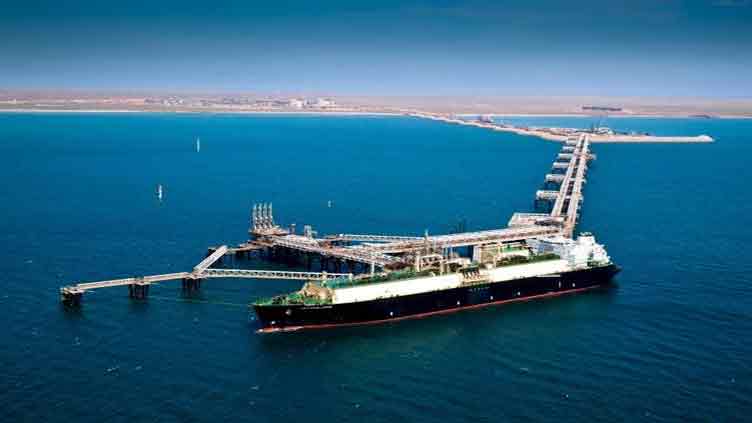LNG: Australia gas producers say restrictions on exports will hurt new investments

Business
In 2022, Australia was world’s top exporter followed by US, Qatar, Russia and Malaysia
SINGAPORE (Web Desk) – Western Australia's decision not to consider exemptions from a ban on exports of natural gas from onshore fields will hurt fresh investments, a group of producers said, as the state looks to secure regional supply and rein in prices, reported Reuters on Thursday.
This week's move, essentially an update of a 2020 ban, is the latest setback for the state's natural gas producers, some grappling with warnings of strikes by workers to demand better pay and working conditions.
Prices of liquefied natural gas (LNG) have risen in recent days, driven by supply concerns over the threat of strikes at Australian LNG facilities, after plunging to more than two-year lows from record highs in 2022.
Australian facilities facing the prospect of such strikes together account for about a tenth of the global export market and was the world’s largest LNG exporter in 2022 while edging pass the United States, says the International Gas Union (IGU).
The decision discouraged producers from bringing new supply into the market, Reuters quoted Caroline Cherry as saying. She is the Western Australia director of the producer group the Australian Petroleum Production & Exploration Association (APPEA).
Read more: Japan to get LNG from United Arab Emirates
"Western Australia needs to bring more gas supply to the market to power its growing resources sector, and support the southwest electricity system as coal-fired power is phased out," Cherry said in a statement late on Wednesday.
The comment came after the state government said late on Tuesday that it would not consider exemptions to the 2020 policy that bars onshore gas developments on the existing pipeline network to export LNG, including those in the Perth basin.
The decision is not expected to have any immediate impact on shipments or the export markets, however.
Saul Kavonic, an analyst at Credit Suisse, said the decision stood to affect producers in the Perth basin, such as Strike, Mineral Resources and Hancock, as they would not be able to export their output.
According to the IGU, Australia exported 80.9 million tonnes of LNG in 2022, up from the 79m tonnes in 2021. Similarly, the US exported 80.5m tonnes in 2022 compared to the 70m tonne in 2021 – overtaking Qatar, which exported 80.1m tonnes in 2022.
The top three exporters - Australia, the US and Qatar - were collectively responsible for 60pc of global LNG output in 2022.
On the other hand, Russia retained its position as the fourth-largest LNG exporter, transporting 33m tonnes in 2022. It was followed by Malaysia with 27.3m tonnes.
The IGU says global LNG trade grew by 6.8pc between 2021 and 2022 to about 401.5m tonnes.

